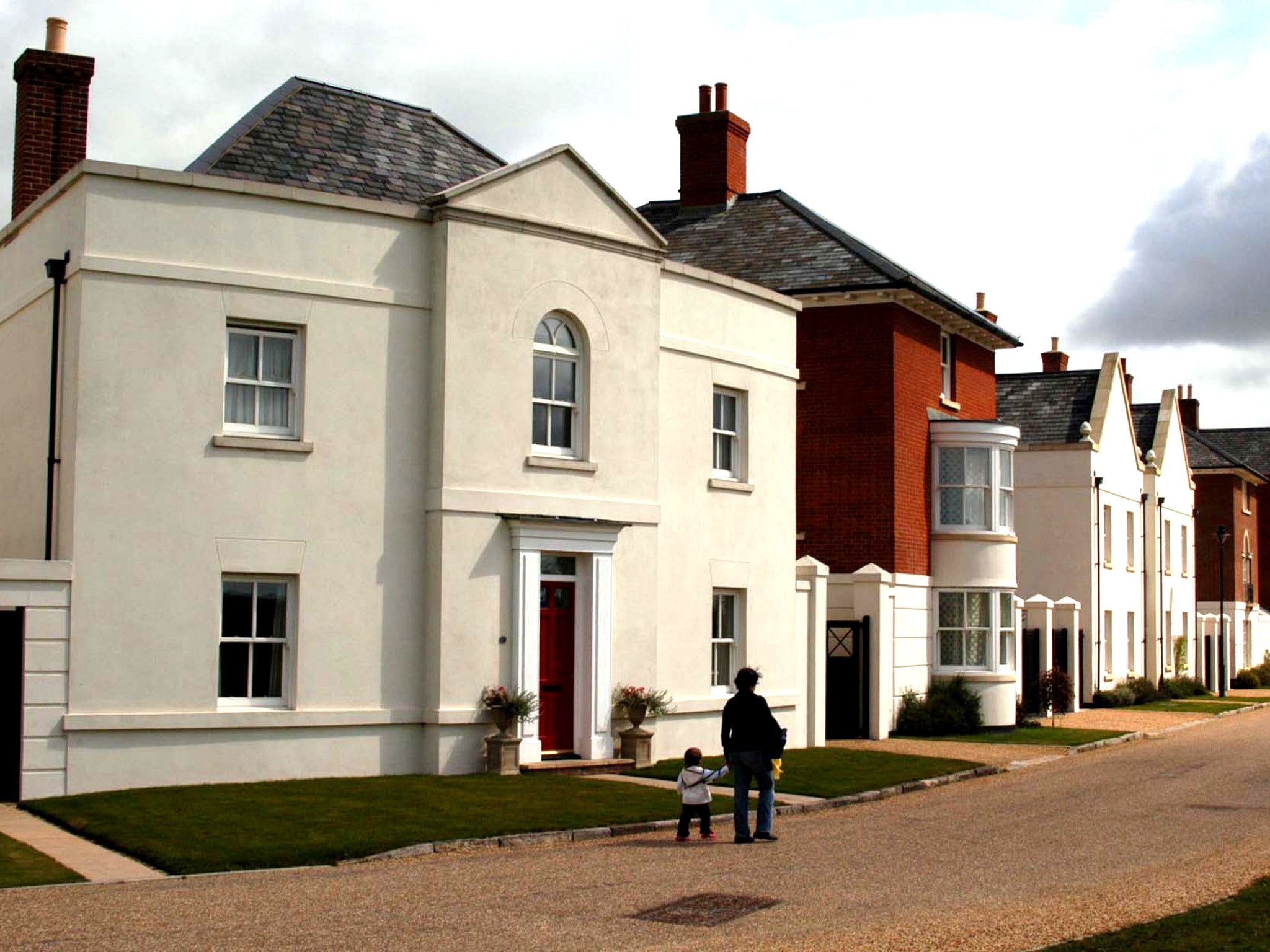First Poundbury, now Bahrain: Should Prince Charles really be selling town planning to despots?
Deal worth £700,000 signed with regime guilty of using excessive forces against pro-democracy activists

Your support helps us to tell the story
From reproductive rights to climate change to Big Tech, The Independent is on the ground when the story is developing. Whether it's investigating the financials of Elon Musk's pro-Trump PAC or producing our latest documentary, 'The A Word', which shines a light on the American women fighting for reproductive rights, we know how important it is to parse out the facts from the messaging.
At such a critical moment in US history, we need reporters on the ground. Your donation allows us to keep sending journalists to speak to both sides of the story.
The Independent is trusted by Americans across the entire political spectrum. And unlike many other quality news outlets, we choose not to lock Americans out of our reporting and analysis with paywalls. We believe quality journalism should be available to everyone, paid for by those who can afford it.
Your support makes all the difference.For much of the world, Bahrain is notable for unpalatable reasons related to its repression of democracy protests. For the Prince of Wales, the Gulf state is of more interest – it is claimed – as a business opportunity for the charity set up to expound his ideas on town planning.
The Prince’s Foundation for Building Community has signed a £700,000 agreement with the Bahraini government to advise on a sustainable-housing development inspired by Charles’s Poundbury village in Dorset.
The deal, announced a week after the Prince, inset, hosted Bahrain’s Minister of Housing at Clarence House, was sharply criticised by campaigners who said it deflected attention from human-rights abuses in the Gulf state perpetuated during bloody protests for reform in 2011.
Three years ago, the Prince found himself in hot water after it emerged his personal lobbying of the Emir of Qatar about the proposed £3bn redevelopment of the Chelsea Barracks in central London led to a drastic revision of plans which the Prince had described as a “gigantic experiment with the very soul of our capital city”.
Clarence House said that Prince Charles had been “kept informed” of the signing of the Bahraini deal but underlined that the decision to enter into the agreement with the Bahraini Housing Minister, Basim al-Hamer, had been taken by staff at the £8m foundation, of which he is the president.
Clarence House said the Prince’s long-standing personal ties with the Bahraini royal family had not played a direct role in the negotiations for the agreement. Charles escorted Bahrain’s Crown Prince around Poundbury in 2007. According to the Court Circular, Charles also met Mr Al-Hamer in London on 26 April. Clarence House said the agreement had been signed prior to the meeting.
Campaigners said the cementing of ties with Bahrain by the foundation was inappropriate at a time when Bahrain is facing strong criticism for the slow pace of reforms following the brutal quashing of pro-democracy protests.
An independent inquiry found that Bahraini security forces used excessive force against peaceful protesters, some of whom were tortured, ill-treated and denied fair trials.
Graham Smith, the chief executive of Republic, which campaigns for the replacement of the monarchy, said: “Prince Charles should be ashamed. By orchestrating this immoral deal he is giving legitimacy to one of the world’s most repressive regimes. The Bahraini people need solidarity and support – not their own Poundbury.”
The agreement with the Prince’s Foundation, to last for 11 months, will be focused on proposals to develop a 5 sq km area along coastline in the south of Bahrain for up to 4,000 homes.
The Foundation underlined that the project was aimed at meeting the needs of communities from housing to infrastructure as well as passing on knowledge to Bahraini officials for future building schemes.
In a statement, the foundation, which last year raised £8.2m and spent £7.9m, said it was helping to meet a housing shortfall in Bahrain and part of a process of engagement with the country. It said: “This project aims to help all the communities that live in Bahrain and is in line with the objectives of the British Government.”
Join our commenting forum
Join thought-provoking conversations, follow other Independent readers and see their replies
Comments